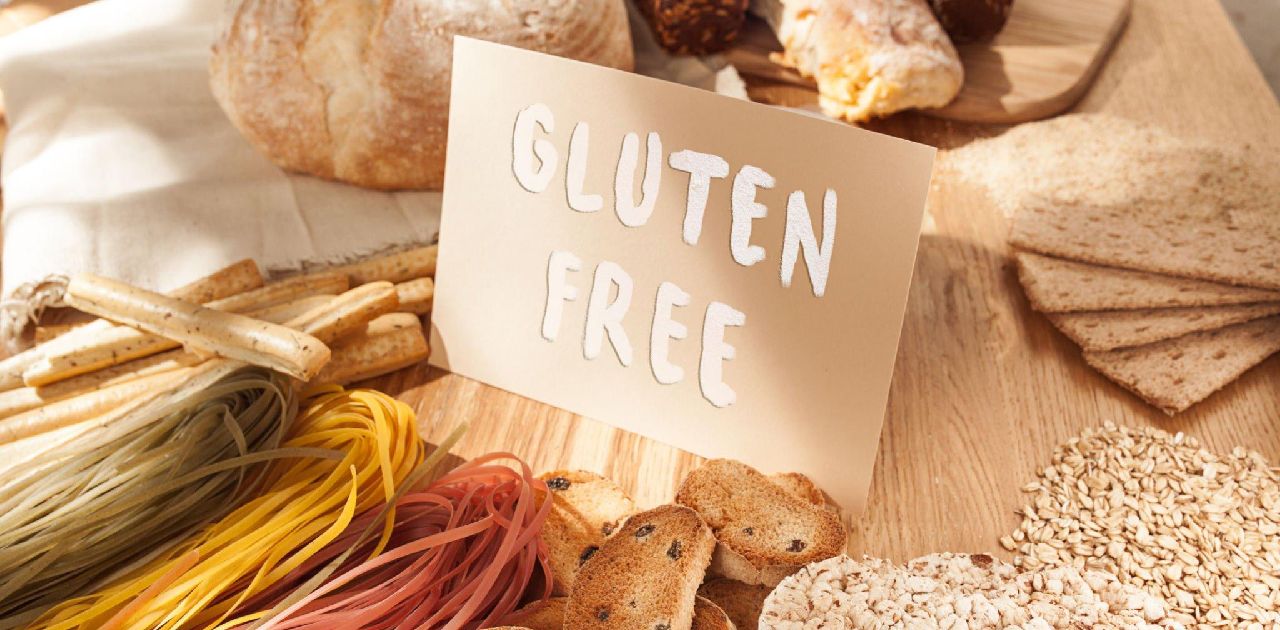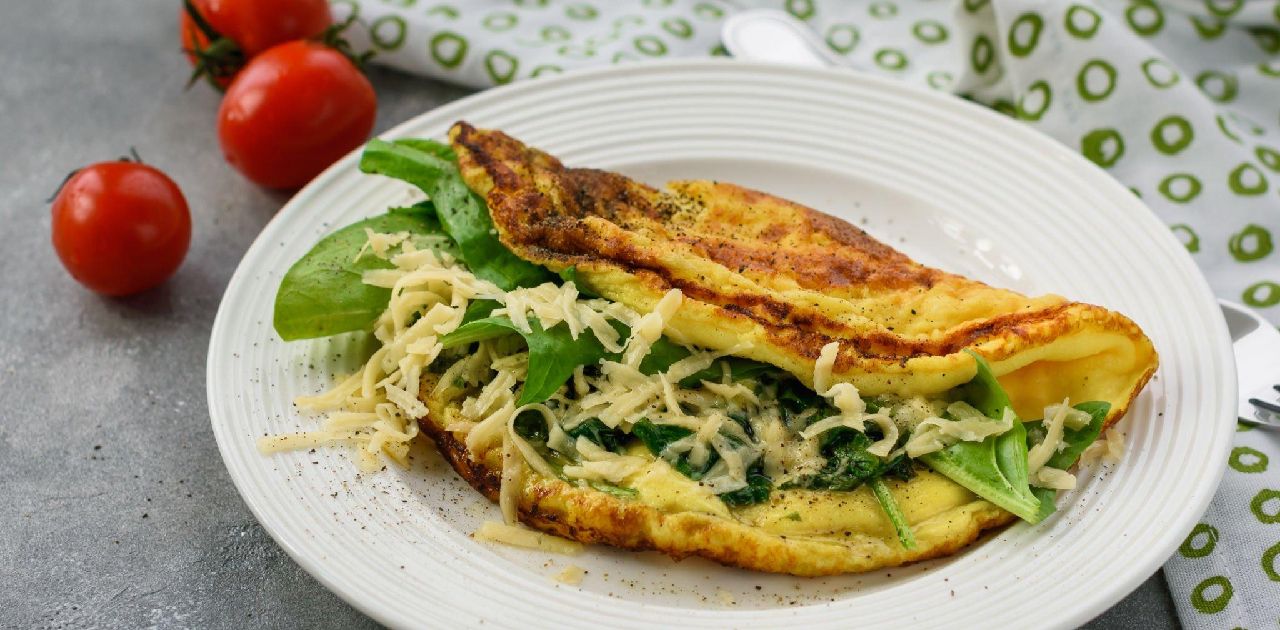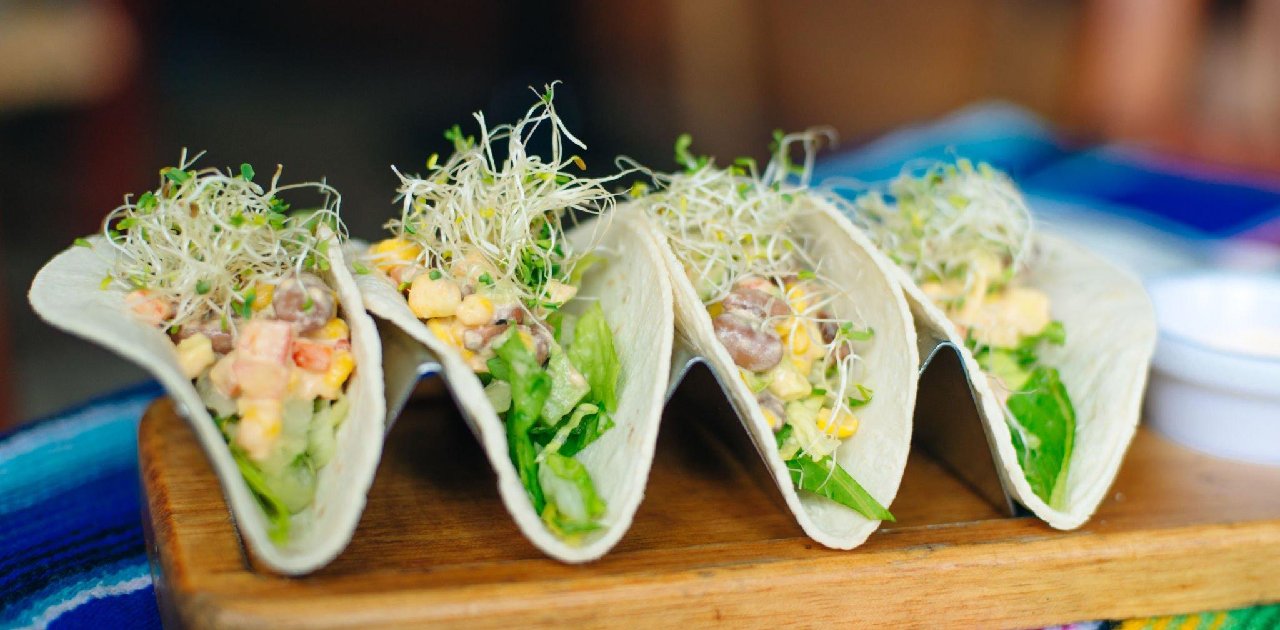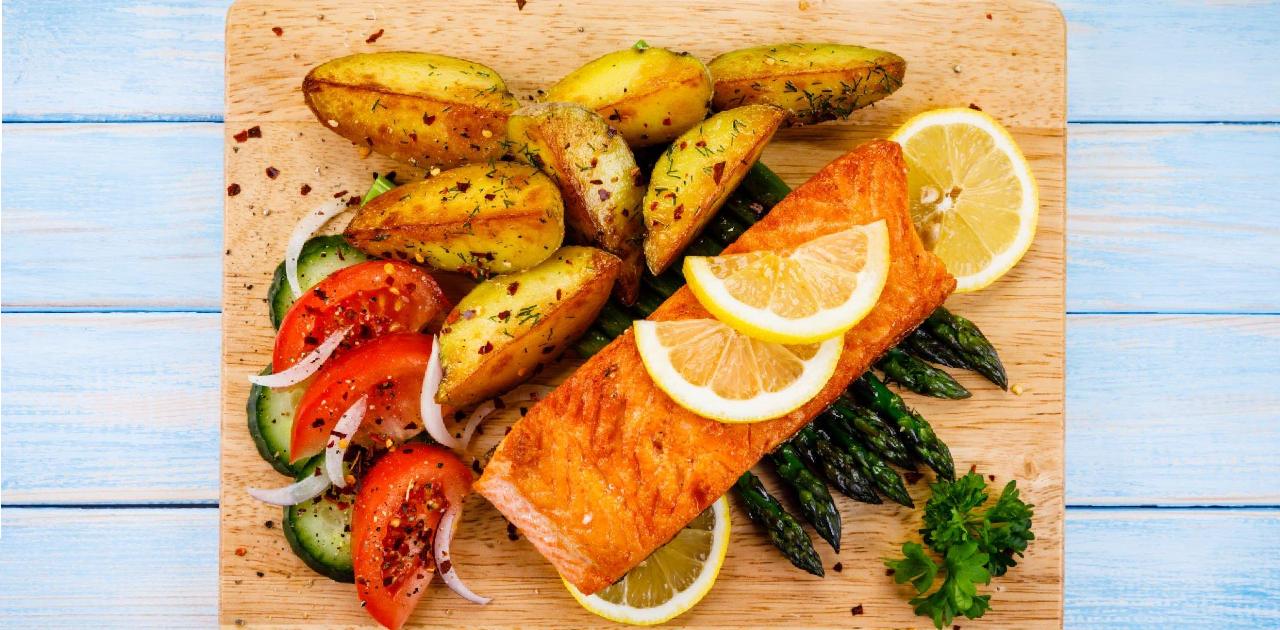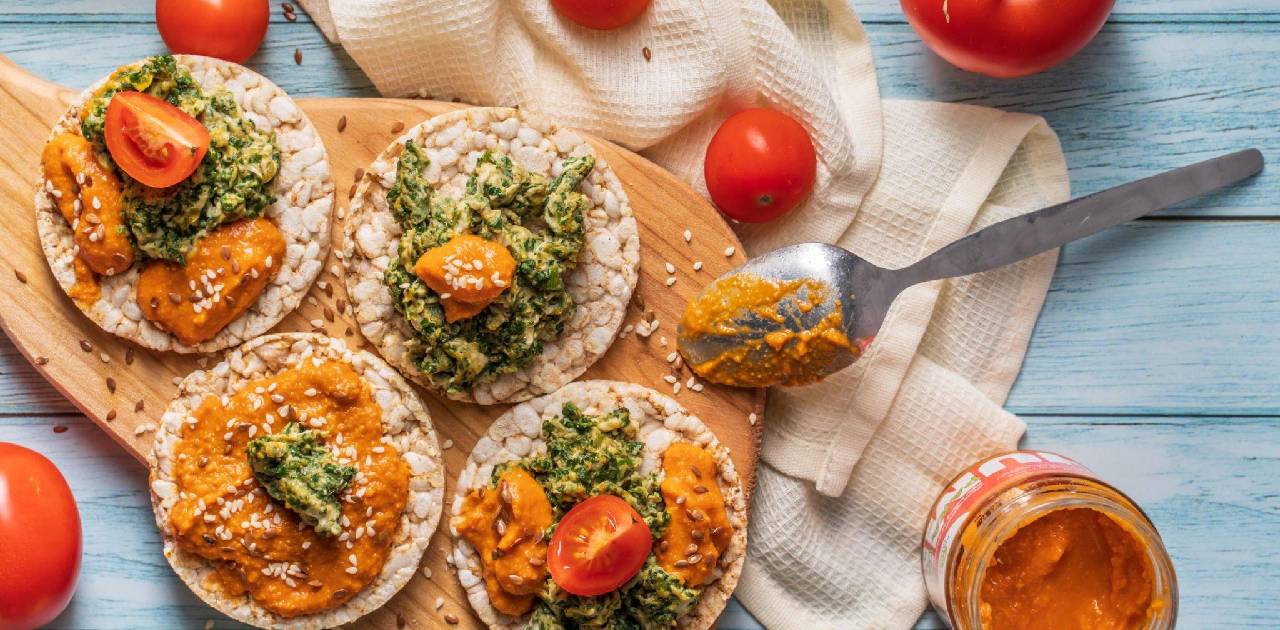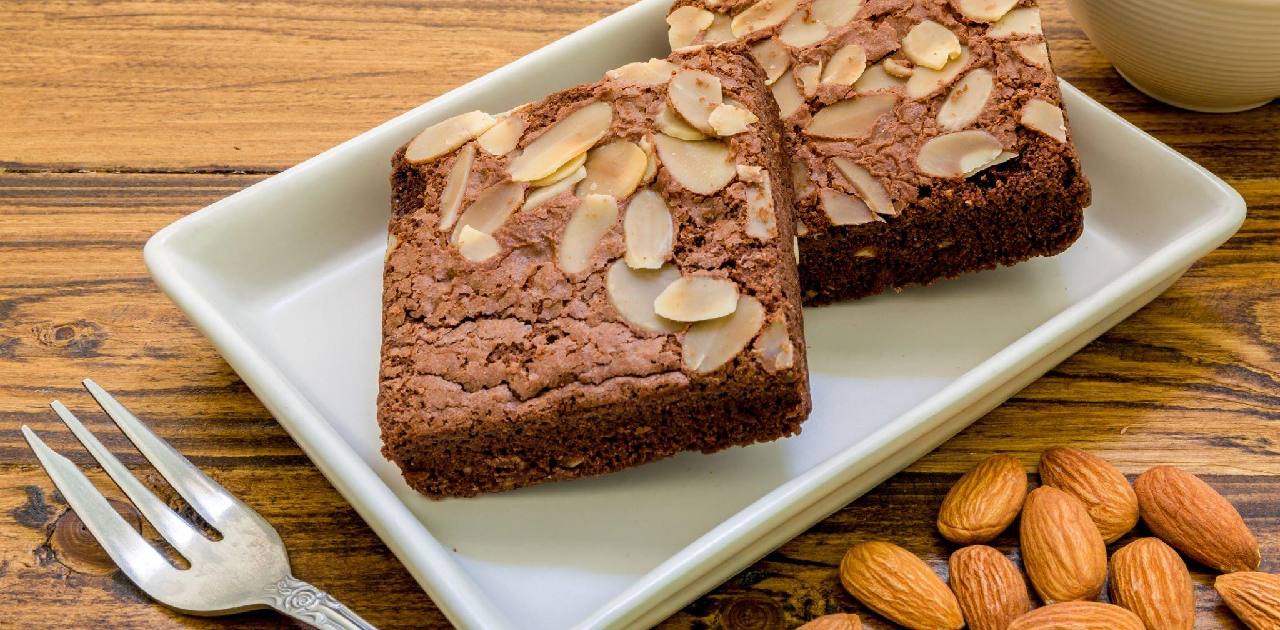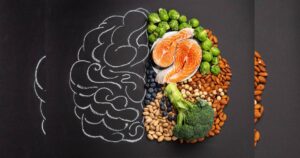If you’re on a gluten-free diet, you might feel like your food choices are limited, and that you’re stuck eating bland and unappetizing meals. But that couldn’t be further from the truth! With a bit of creativity and some inspiration, you can elevate your gluten-free diet and enjoy delicious and healthy meals that are full of flavor and variety. In this article, we’ll explore some of the best gluten-free foods that will make your taste buds sing.
Introduction to Gluten-Free Diets
A gluten-free diet is one that excludes gluten, which is a protein found in grains like wheat, barley, and rye. For people with celiac disease or gluten intolerance, consuming gluten can cause severe health problems, including digestive issues, skin rashes, and fatigue. As a result, a gluten-free diet is essential for their health and wellbeing.
Benefits of a Gluten-Free Diet
Aside from being necessary for people with gluten intolerance, a gluten-free diet can have other benefits as well. Many people report feeling more energized and less bloated when they eliminate gluten from their diet. Additionally, a gluten-free diet can be an excellent way to explore new and healthy foods, as it encourages you to eat more fruits, vegetables, and whole grains.
Common Misconceptions about Gluten-Free Diets
One of the most common misconceptions about a gluten-free diet is that it’s inherently healthy. While it’s true that many gluten-free foods are healthy, such as fruits, vegetables, and lean proteins, there are also many processed and high-calorie gluten-free foods that should be consumed in moderation.
Additionally, some people assume that a gluten-free diet is a weight-loss diet, but that’s not necessarily the case. A gluten-free diet can help you lose weight if you’re consuming fewer calories than you burn, but it’s not a guarantee.
The Importance of Variety in a Gluten-Free Diet
One of the biggest challenges of a gluten-free diet is the lack of variety. When you eliminate gluten, you’re cutting out a significant portion of the average Western diet, which can make meal planning more difficult.
However, it’s important to make an effort to include a wide variety of foods in your gluten-free diet to ensure you’re getting all the nutrients your body needs. Some excellent sources of gluten-free variety include fruits, vegetables, nuts, seeds, and whole grains like quinoa and brown rice.
Delicious and Healthy Gluten-Free Breakfast Options
Breakfast is the most important meal of the day, and it’s even more crucial when you’re on a gluten-free diet. Fortunately, there are many delicious and healthy gluten-free breakfast options to choose from. Some ideas include:
- Omelets filled with veggies, cheese, and herbs.
- Gluten-free pancakes or waffles made with almond flour or coconut flour.
- Smoothie bowls with fresh fruit, yogurt, and granola.
- Avocado toast on gluten-free bread.
- Yogurt parfaits with fresh berries, nuts, and seeds.
Elevating Your Lunch Game with Gluten-Free Choices
Lunchtime can be a challenge when you’re on a gluten-free diet, especially if you’re used to grabbing a sandwich or wrap on the go. However, there are plenty of delicious and healthy gluten-free lunch options that will keep you satisfied and energized throughout the day. Some ideas include:
- Salad bowls with roasted veggies, quinoa, and a variety of toppings.
- Gluten-free wraps filled with hummus, veggies, and grilled chicken or tofu.
- Soups and stews made with gluten-free grains like rice or quinoa.
- Sushi rolls made with gluten-free tamari sauce.
- Tacos made with corn tortillas and a variety of fillings.
Mouth-Watering Gluten-Free Dinner Options
Dinner is the perfect time to get creative and experiment with new and exciting gluten-free dishes. Whether you’re in the mood for something hearty and comforting or light and refreshing, there are countless gluten-free dinner options to choose from. Some ideas include:
- Grilled salmon with roasted asparagus and sweet potato fries.
- Zucchini noodles with homemade pesto and cherry tomatoes.
- Chicken fajitas with gluten-free tortillas and a variety of toppings.
- Spaghetti squash with meatballs and marinara sauce.
- Stir-fry with tofu, veggies, and gluten-free tamari sauce.
Snack Time Made Easy – Gluten-Free Snacks to Try
Snacking can be a challenge when you’re on a gluten-free diet, as many traditional snack foods contain gluten. However, there are plenty of delicious and healthy gluten-free snack options to choose from. Some ideas include:
- Fresh fruit with nut butter or yogurt.
- Rice cakes with hummus or avocado.
- Trail mix with nuts, seeds, and dried fruit.
- Gluten-free granola bars or energy balls.
- Popcorn seasoned with nutritional yeast or spices.
Satisfy Your Sweet Tooth with Gluten-Free Desserts
Just because you’re on a gluten-free diet doesn’t mean you have to give up on dessert! There are countless delicious and healthy gluten-free dessert options to choose from. Some ideas include:
- Fresh fruit with whipped cream or coconut cream.
- Gluten-free brownies or blondies made with almond flour or coconut flour.
- Chia seed pudding with fresh berries and nuts.
- Homemade ice cream made with coconut milk or almond milk.
- Baked apples or pears with cinnamon and honey.
Gluten-Free Drinks to Quench Your Thirst
When it comes to drinks, many people with gluten intolerance assume that they’re limited to water or plain tea. However, there are many delicious and refreshing gluten-free drinks to choose from. Some ideas include:
- Fresh fruit smoothies made with coconut milk or almond milk.
- Iced tea or lemonade sweetened with honey or agave syrup.
- Sparkling water with fresh fruit or herbs.
- Homemade almond milk or coconut milk.
- Green juice or vegetable juice made with fresh produce.
Gluten-Free Eating Out Tips
Eating out can be a challenge when you’re on a gluten-free diet, but it’s not impossible. Here are some tips to help you navigate the menu:
- Call ahead and ask if the restaurant has gluten-free options.
- Look for menu items that are naturally gluten-free, like grilled meats or salads.
- Ask your server if they can modify a dish to make it gluten-free.
- Avoid fried foods, as they may be contaminated with gluten.
- Bring your own gluten-free bread or crackers if necessary.
Frequently Asked Questions About Gluten-Free Diet
Are gluten-free foods healthier than regular foods?
Gluten-free foods are not inherently healthier than regular foods. However, they can be beneficial for people with gluten-related disorders such as celiac disease or non-celiac gluten sensitivity.
Can a gluten-free diet help with weight loss?
While a gluten-free diet can be effective for weight loss, it’s not solely due to the absence of gluten. It’s more likely because many gluten-containing foods are high in carbohydrates, and cutting them out can result in reduced calorie intake, leading to weight loss.
Are there any health benefits of a gluten-free diet for people without gluten-related disorders?
There is no scientific evidence to support the claim that a gluten-free diet provides health benefits for people without gluten-related disorders. In fact, it can be restrictive and may lead to nutrient deficiencies if not properly planned.
Can a gluten-free diet improve digestive health?
For individuals with gluten-related disorders, such as celiac disease, following a gluten-free diet can improve digestive health by reducing symptoms like abdominal pain, diarrhea, and bloating. However, for people without these conditions, there is no scientific evidence to support the claim that a gluten-free diet improves digestive health.
Are there any potential drawbacks to a gluten-free diet?
Yes, there are potential drawbacks to a gluten-free diet. It can be more expensive, less convenient, and may lead to nutrient deficiencies if not carefully planned. Additionally, some gluten-free products may be higher in added sugars, fats, and salt to compensate for the absence of gluten.
Is a gluten-free diet necessary for everyone?
No, a gluten-free diet is not necessary for everyone. It is only essential for individuals with gluten-related disorders, such as celiac disease or non-celiac gluten sensitivity. For the general population, a well-balanced diet that includes gluten-containing foods is recommended for optimal nutrition.
Are there any other benefits of a gluten-free diet?
Some people may experience improved symptoms related to other health conditions, such as skin conditions or autoimmune diseases, when following a gluten-free diet. However, more research is needed to establish a direct link between a gluten-free diet and these health conditions.
Please note that if you suspect you have a gluten-related disorder, it’s important to consult a healthcare professional for proper diagnosis and management.
Conclusion
A gluten-free diet doesn’t have to be bland or boring. With a bit of creativity and some inspiration, you can elevate your gluten-free diet and enjoy delicious and healthy meals that are full of flavor and variety. Whether you’re in the mood for breakfast, lunch, dinner, or a snack, there are countless gluten-free options to choose from. So why not try something new and delicious today? Your taste buds will thank you!
